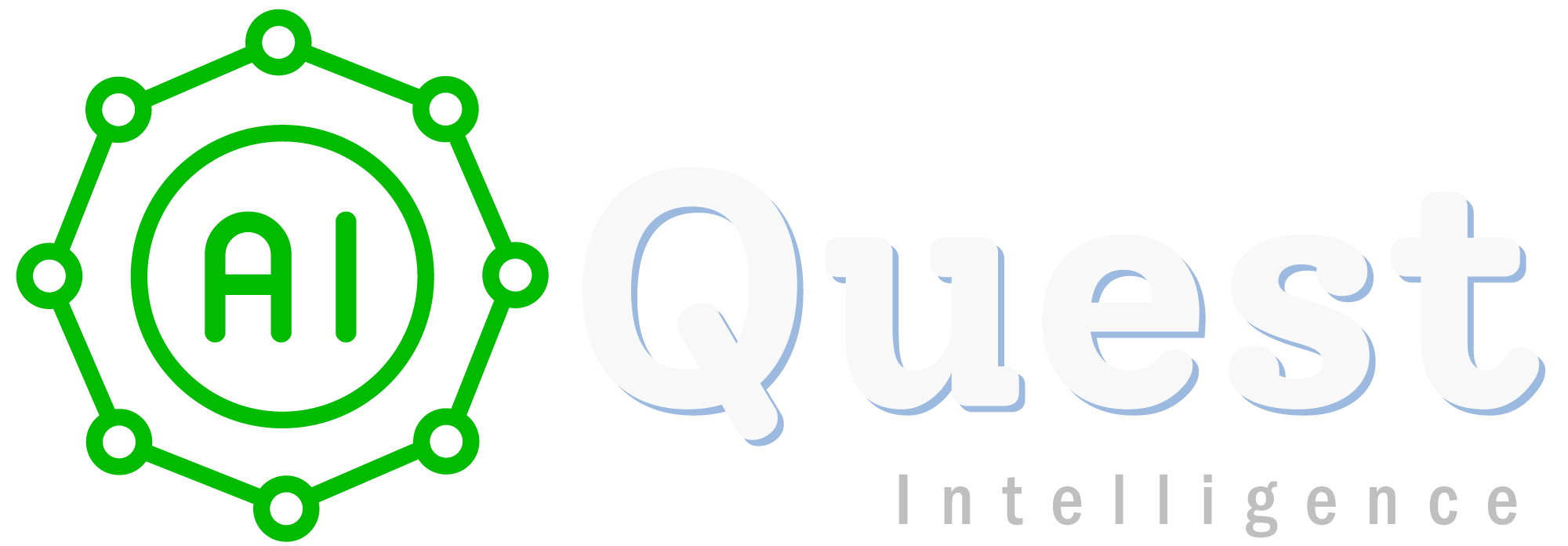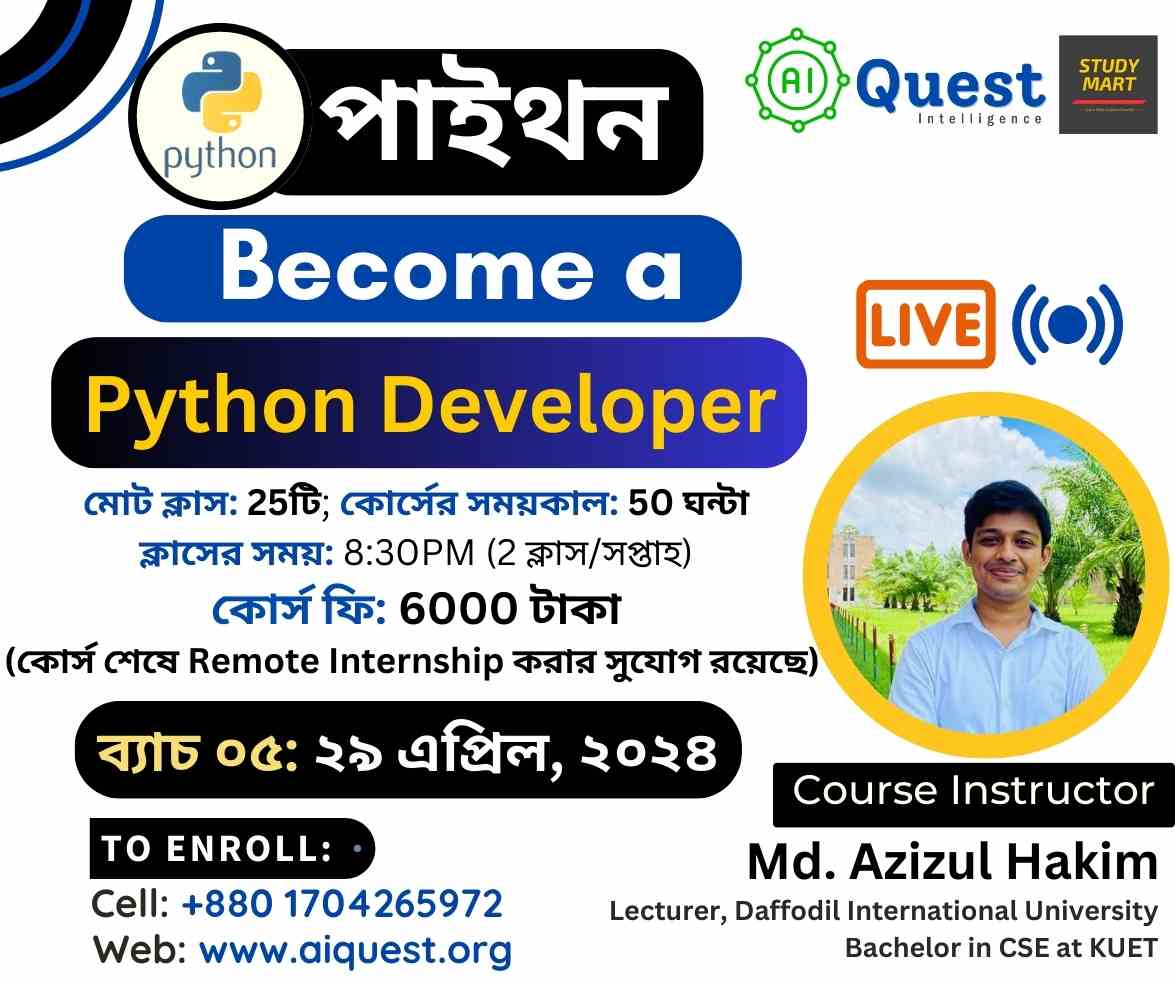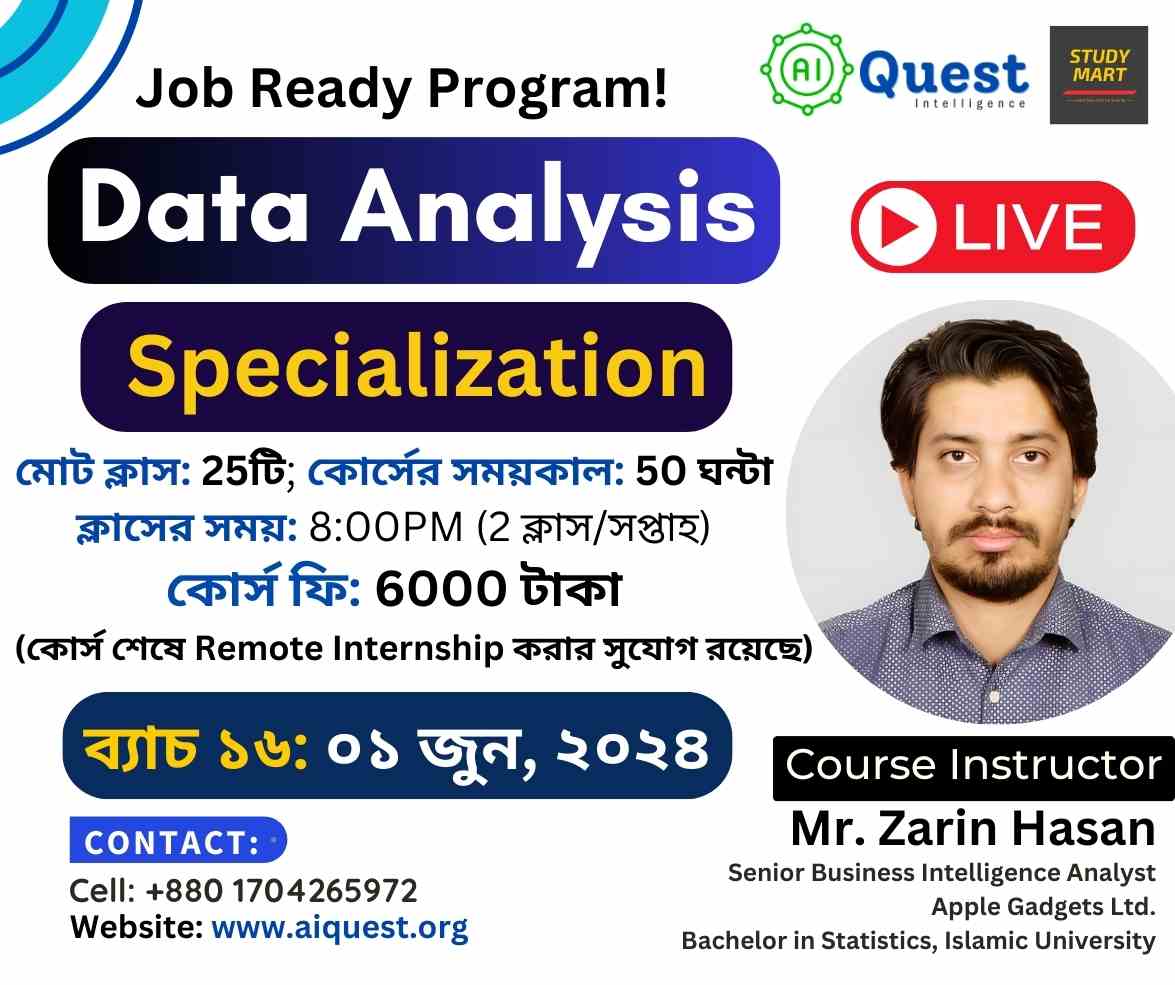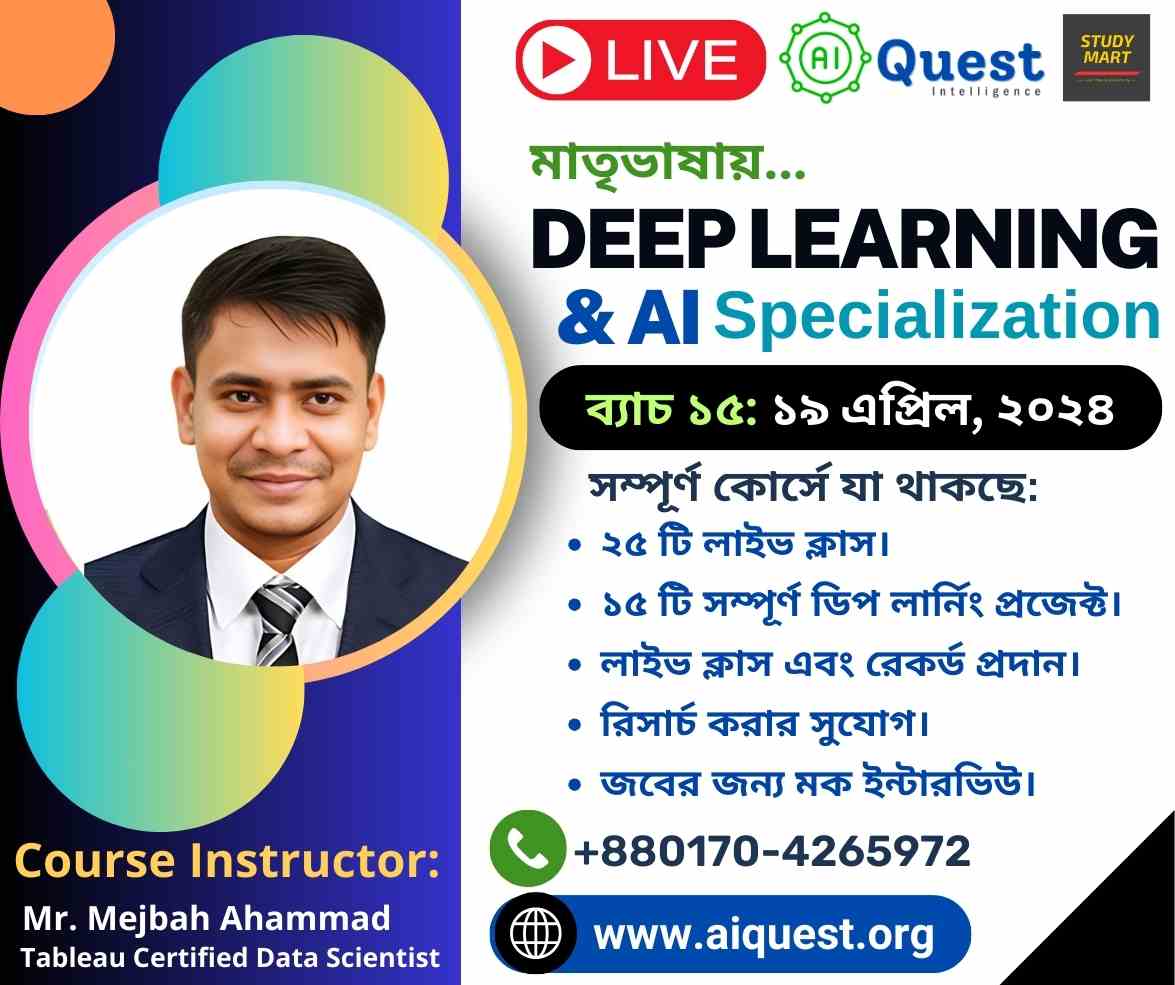Data Engineering: Job Ready Program! This course covers a wide range of topics, from the fundamentals of data engineering to advanced concepts like optimization and cloud database management. It also includes practical modules like projects and assignments, which are crucial for hands-on learning. This course structure seems well-organized and covers a broad spectrum of skills required for a data engineer. It provides a good balance between theoretical knowledge and practical application.
Data Engineering: Job Ready Program (55-60 hours)
Module 1: Introduction to Data Engineering (2 hours)
– What is Data? Importance of data.
– What is a Database?
– Types of Databases.
– What is Data Warehouse?
– Data Warehouse Vs. Data Lake.
– Data Analyst vs Data Engineer vs Data Scientist: Explaining the key differences.
– Understanding the role of Data Engineering in the data ecosystem.
– Why are data jobs becoming popular?
– Requirements for a career in Data Engineering.
– FAQ Session.
Module 2: Database Fundamentals and SQL (14 hours)
– What is a database?
– Types of databases: Relational vs Non-relational Database.
– Understanding Data Models and Data Schema.
– Fact and Dimension Tables.
– Slowly Changing Dimensions (SCD) types.
– Normalization and its importance.
– OLAP vs OLTP.
– ACID Properties.
– Setting up PostgreSQL.
– Setting up an IDE for SQL development.
– Basic SQL syntax and commonly used SQL commands.
– Understanding Foreign keys and Primary keys.
– Triggers and their application.
– User Authorization in databases.
– CRUD operations (Create, Read, Update, Delete).
– Working with Subqueries and Joins.
– Window functions for advanced data manipulation.
– Indexing and partitioning for query optimization.
– Introduction to PL/SQL.
– Star Schema vs Snowflake Schema.
– Complex Query Example.
– Query Optimization techniques.
– FAQ Session and Assignment.
Module 3: Python for Data Engineers (5 hours)
– Introduction to Python.
– Installing Python and setting up the development environment.
– Understanding Python Data Types: Lists, Tuples, and Dictionaries.
– Conditional statements: if…else.
– Loops in Python.
– Functions and Lambda functions.
– Functional programming vs Class Based Programming.
– Using PIP for installing libraries.
– Introduction to Pandas for data manipulation.
– Working with Virtual Environments in Python.
– File Handling in Python.
– Advanced Topics in Python.
– FAQ Session and Assignment.
Module 4: Working with Data (10 hours)
– Connecting to databases using Python.
– Working with Google Sheets and Google Drive.
– Utilizing APIs for data retrieval.
– Web Scraping for data extraction.
– Handling and cleaning data with Python.
– Introduction to ETL/ELT Pipelines.
– Data Wrangling/Data Cleaning techniques.
– Setting up a Mail system for data notifications.
– FAQ Session and Assignment.
Module 5: Linux and Shell Scripting (4 hours)
– Understanding Linux distributions and setting up a Linux distro.
– Basic Linux Commands for file and directory management.
– Bash vs shell: Differentiating between shell scripting languages.
– Coding in the Linux shell.
– Exploring important Linux features.
– FAQ Session and Assignment.
Module 6: Docker and Containerization (4 hours)
– What is Docker, and what is its importance in the data engineering ecosystem?
– Installing Docker.
– Understanding Images vs Containers.
– Creating Docker files for container configuration.
– Composing multiple containers with Docker Compose.
– Running a project using Docker.
– FAQ Session and Assignment.
Module 7: Big Data Processing with Spark (5 hours)
– Introduction to Apache Spark.
– Comparing Spark vs Hadoop.
– Working with Resilient Distributed Datasets (RDDs) in Spark.
– Coding in Spark for data processing.
– FAQ Session and Assignment.
Module 8: Data Visualization (2 hours)
– Introduction to Looker Studio or Power BI for data visualization.
– Understanding their importance in data analysis and reporting.
– Designing Dashboards.
– FAQ Session and Assignment.
Module 9: Data Pipeline Orchestration with Apache Airflow (4 hours)
– What is Apache Airflow, and why is it essential in data engineering workflows?
– Directed Acyclic Graphs (DAGs) in Airflow.
– How to work with Airflow for scheduling data pipelines.
– Scheduling a script with Airflow.
– FAQ Session and Assignment.
Module 10: Cloud Platforms for Data Engineering (6 hours)
– Understanding cloud computing.
– Types of cloud systems.
– Introduction to AWS, GCP, and Azure cloud platforms.
– Explanation of some essential AWS tools.
– Setting up data pipelines on the cloud.
– FAQ Session and Assignment.
Module 11: Real-world Project and Collaboration (4 hours)
– Showcasing an entire project using all the tools learned throughout the data engineering course.
– Working with team members & collaborating in real-life teamwork experience.
– Final group project submission.
– Career discussion and tips for success in the Data Engineering industry.
– Further learning opportunities in the field of Data Engineering.
– Mock Interview session for practical experience and job interview tips.
To enroll in the course:
WhatsApp: +8801704265972
Join the Facebook Community!
.







